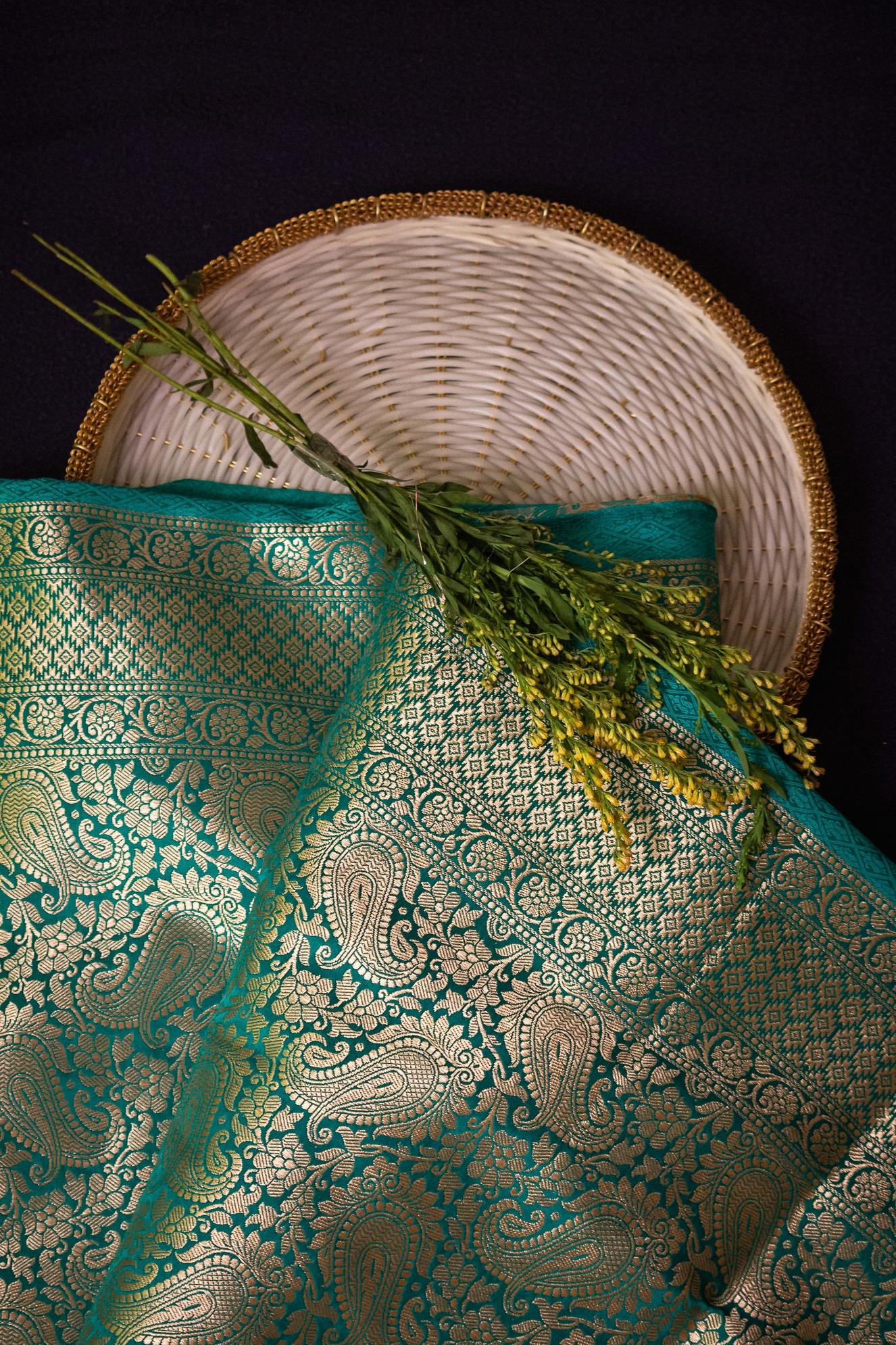SAREES AND SUSTAINABILITY: HOW TO SHOP
RESPONSIBLY FOR YOUR NEXT SAREE



The fabric used to make sarees is one of the most significant factors affecting the garment's environmental impact. Synthetic fabrics such as polyester and nylon are commonly used in the production of sarees as they are cheap and easy to produce.

Saree production can have an enormous effect on both the ecosystem and the workers who are employed in it. To shop responsibly for your next saree, support ethical manufacturing practices that prioritize the well-being of workers and the environment.


Buying local is another way to sho responsibly for your next saree

Local saree manufacturers us locally sourced materials an support the local economy. The also have a smaller carbon footprin as they do not have to transpor materials and products over lon distances.

Taking care of your saree is essential to its longevity and reducing its environmental impact. Your saree ' s lifespan can be increased with proper maintenance, lowering the need for replacements.



